If you’re considering a move to southern Spain or you’re based in the Costa del Sol already, you may be happy to hear this.
Málaga, a city of 569,000 residents which gave the world Picasso and grilled sardines on a stick, has been voted as the second best city for foreign residents to live and work in 2021, in a study by the world’s largest expat community forum Internations.
The Andalusian city came second only to Kuala Lumpur in Malaysia and beat other cities of the likes of Dubai, Sydney, Singapore, Prague and Basel in a ranking that included 57 international cities.
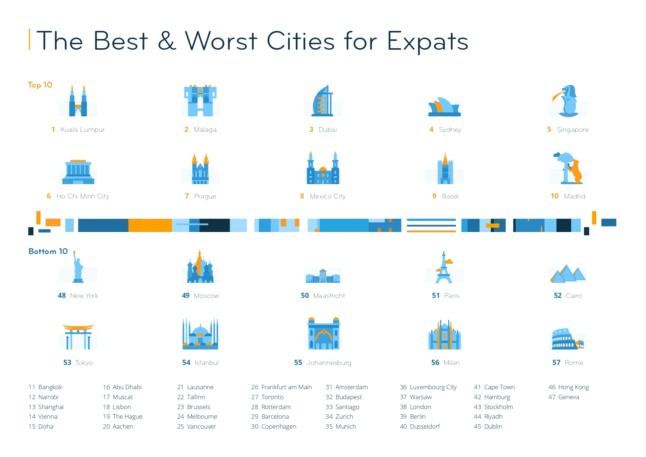
Crucially, Málaga ranks third in the Getting Settled Index and first in the Friends and Socializing Subcategory, with 69 percent of respondents saying they find it easy to make new friends in the city (vs. 48 percent globally), and 78 percent saying they’re happy with their social life (vs. 57 percent globally).
Málaga also came first in the world in the Local Cost of Living Index, with 86 percent of foreign residents rating this positive.
It does very well in the Finance & Housing Index (5th) too, with foreign residents considering housing both affordable (67 percent vs. 42 percent globally) and easy to find (70 percent vs. 60 percent globally).
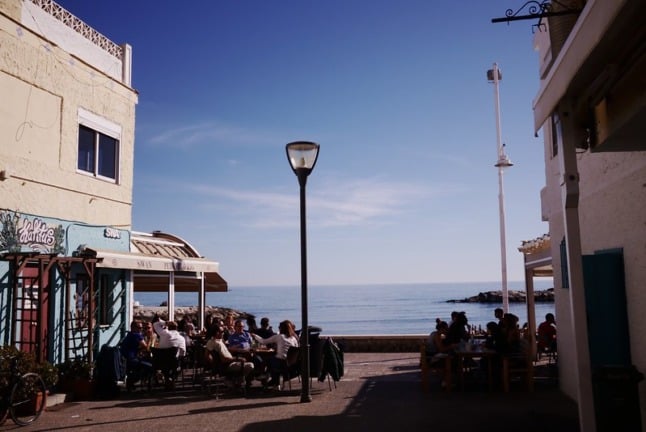
Many of those surveyed described locals, known as malageños, as friendly (86 percent vs. 69 percent globally) and towards foreign residents in particular (82 percent vs. 67 percent globally).
Coming 15th in the Quality of Urban Living Index, Málaga earns another top rank in the Leisure & Climate Subcategory (first).
Not a single foreign resident of this coastal city (0 percent) said they were unhappy with the weather (vs. 17 percent globally), and 86 percent rate the local leisure options favourably (vs. 72 percent globally).
“Málaga has everything to offer for downtime,” one Australian resident told Internations.
However, as we’ve written about previously on The Local, Malaga and Spain as a whole aren’t always the destination of choice for those looking to further their careers.
The southern city lands in the bottom ten of the Urban Work Life Index (51st), 32nd in the Work-Life Balance Subcategory, almost rock bottom in the Job & Career (56th) and very low in the Job Security Subcategories (50th).
READ MORE: The downsides of moving to Spain for work
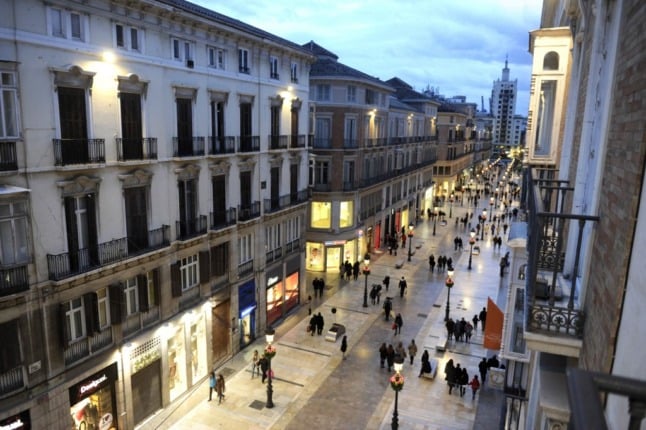
It’s therefore a more ideal relocation destination for those who have a remote job or business they can do from a distance in Málaga and those who don’t have to worry about work, such as pensioners.
Incidentally, Spain is the only country with two cities in top ranking, as Madrid came in tenth place overall. The Spanish capital also ranked high for Quality of Urban Living and Settling In and Local Cost of Living, although again it did not score very high for work.
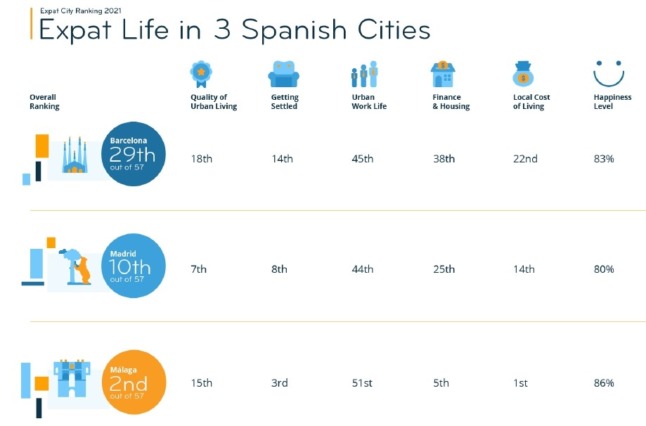
Barcelona came in 29th place overall out of the 57 cities that make up the Expat City Ranking 2021, although respondents’ Happiness Level in the Catalan city was still very high (83 percent).
So there you have it: a move to the beautiful and historic city of Málaga, which offers a more authentic experience of Spanish life than other locations along the Costa del Sol, could be what you need if you’re after an active social life, low cost of living, friendly people and great weather.
READ MORE: Moving to Spain will make you happier and healthier (but there’s a downside)

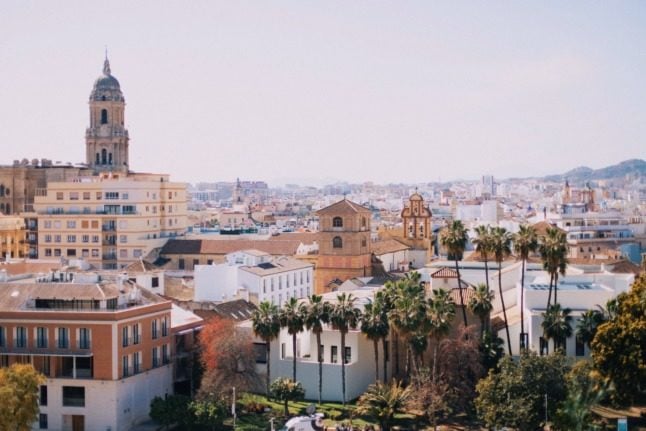
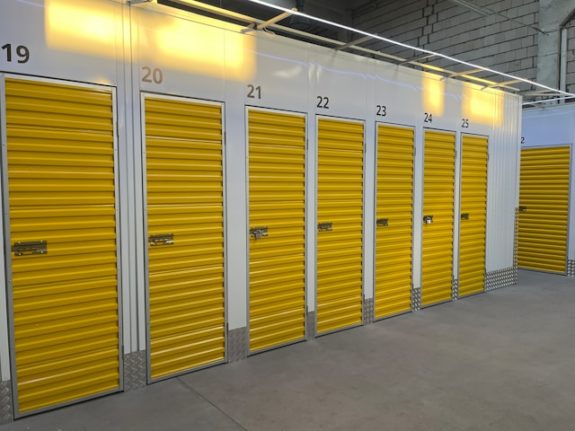
 Please whitelist us to continue reading.
Please whitelist us to continue reading.
Member comments